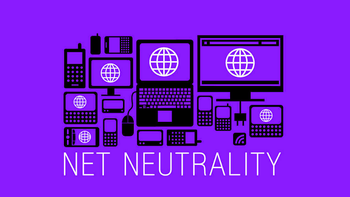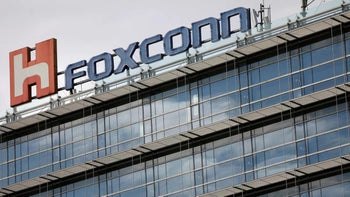California assemblyman gives in; road is now clear for California's net neutrality bill to pass

When we last checked in on SB 822, the California bill that proposed a legislative workaround to the FCC's dismantling of net neutrality, the bill's sponsor (State Senator Scott Wiener) was talking about keeping the bill alive by negotiating with Assemblyman Miguel Santiago. It was Santiago, a Democrat, who added amendments to the original bill in the State Assembly making it, in the words of State Senator Wiener, "not worth passing."
Santiago was attacked on social media for his stance, especially when it was discovered that AT&T contributed to his campaigns. The Assemblyman said that he watered down SB 822 because he was concerned that consumers would lose the benefit of zero-rated plans if the bill passed as written.
Apparently, Wiener and Santiago were able to work out their differences and the latter agreed to put back the provisions of the bill that he removed. And that should provide a clear passage for the bill to become law. The California State Assembly is run by Democrats and Governor Jerry Brown is one as well. This is outstanding news for supporters of net neutrality since a number of other states have similar bills going through the legislative process. Many are looking at California to gauge the chances of their own success.
For those not familiar with the backstory, net neutrality forces ISPs and wireless providers to treat all streaming content the same. It prevents an ISP or wireless carrier from getting paid extra by a streaming content provider for the use of an "express lane" offering faster data speeds, and improved resolution. It also prevents these carriers from blocking certain content that they might not agree with philosophically.
"We need to ensure the internet is an open field where everyone has access, the companies that are providing internet access are not picking winners and losers."-State Senator Scott Wiener
The Obama-era FCC passed net neutrality back in 2015 only to have the Trump FCC take it off the books last month. Considering that the lack of net neutrality could lead to consumers paying higher prices for subscriptions to video and audio streamers, and taking into consideration AT&T's recent $85 billion acquisition of Time Warner, there is a lot of money at stake here for both consumers and carriers.
source: BGR










Things that are NOT allowed: